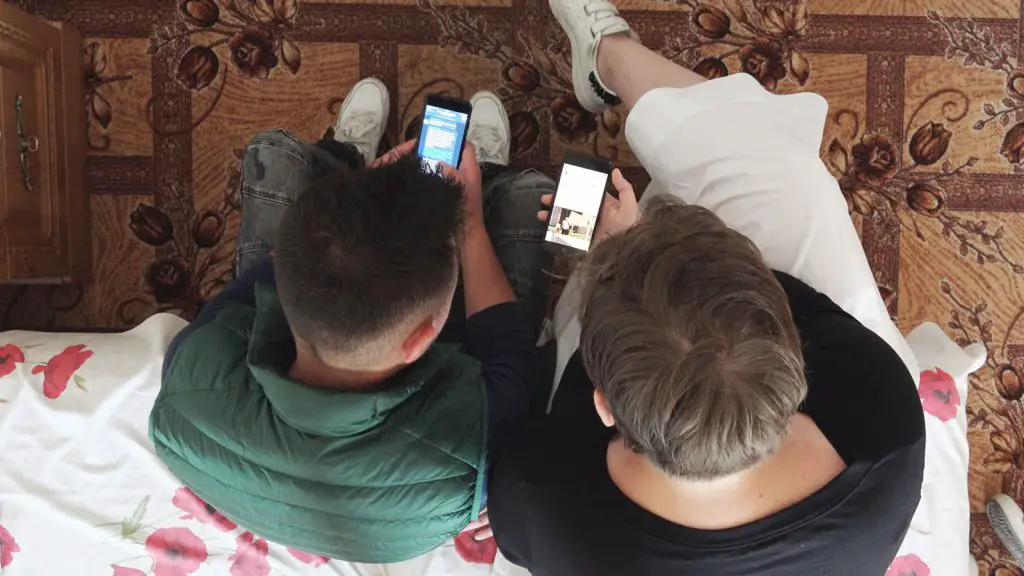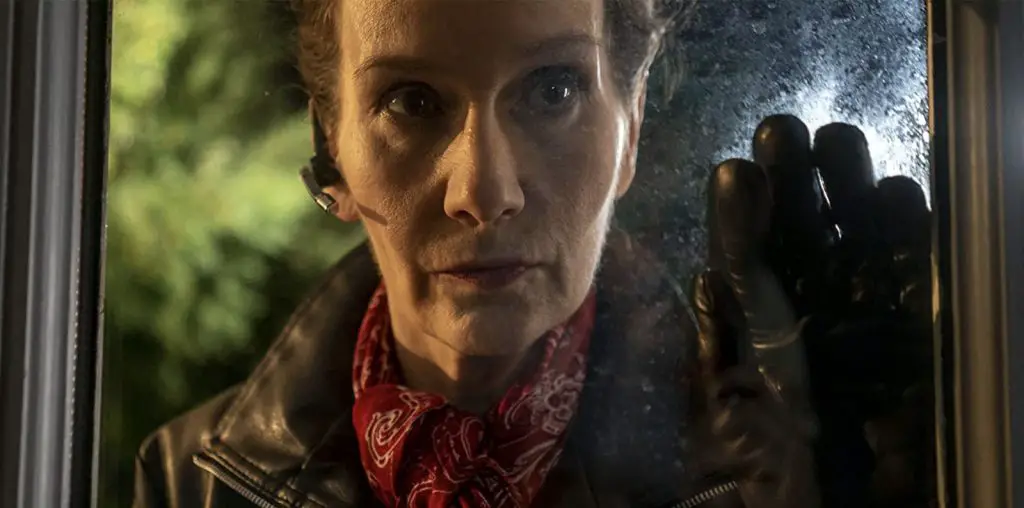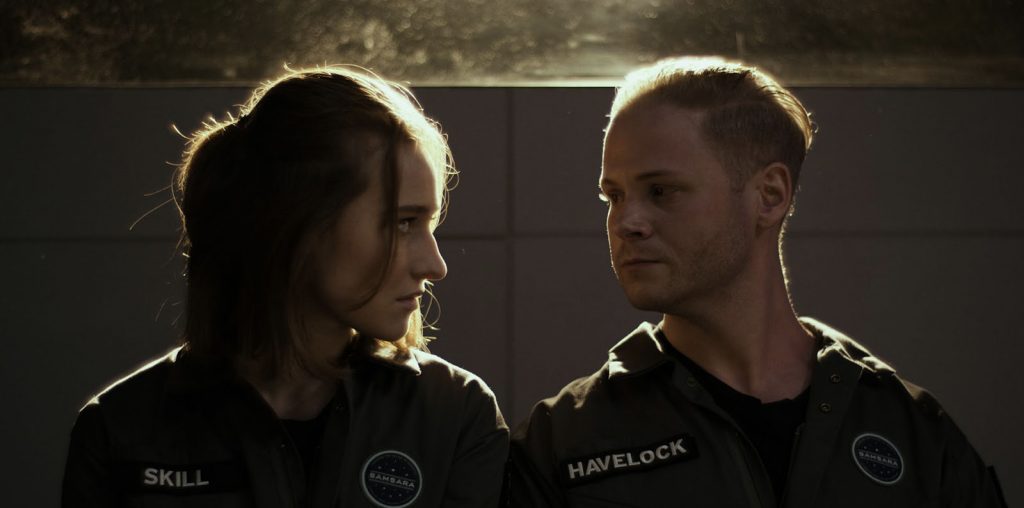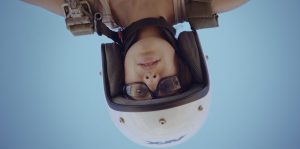
The United States is currently undergoing the result of what happens when the past is not properly addressed, and though it is on a much more personal scale, you can witness the emotional resonance of a suppressed history in Maryam Zaree’s documentary Born in Evin.
“Silence is part of our history” Zaree is told by one of her interviewees, but it is that silence that metastasizes within her as she searches to fill in childhood gaps. Now living in Germany, Zaree was born to activist parents who were imprisoned within the walls of the infamous Evin Prison located in Iran.
Zaree was far too young to recall her time there, much less the atrocities that took place within (she was born and spent the first two years of life there). Her mother cannot bring herself to go into detail, as she is now a successful, free woman who is happily remarried in Germany. Zaree’s father, who was also freed, helps his daughter as best he can, but he was kept in a separate area and for several more years.
The two-year gap of her own life when she and her mother lived under such barbaric conditions is a pebble in Zaree’s shoe, and the more she travels for answers, the more painful it becomes. Born in Evin follows the trend of current documentaries in which the filmmakers become the subject, and while in many cases that approach feels like self-aggrandizement, in Evin, it is essential.
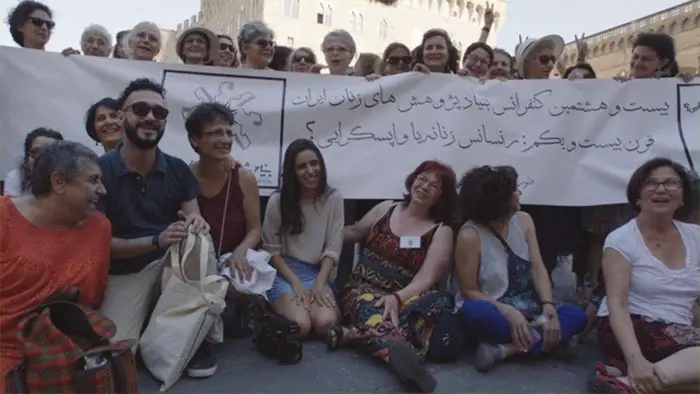
“…born to activist parents who were imprisoned within the walls of the infamous Evin Prison…”
The filmmaker lays herself bare, allowing her search to become one globe-trotting therapy session that is equally personal and universal in its pain. We hear from others imprisoned, who tell stories of children born under the harshest conditions, and how each tale could have easily served as her origin.
Zaree is left to collect these shattered fragments of her childhood and serving as both director and subject. The film can sometimes slip into offramps that could have been left on the editing floor. There is no shortage of raw and real emotion felt throughout, and if the film suffers anything, it’s that it may seem too invasive. Her footage with other survivors of the prison, both her and her mother’s age, have more resonance than the several scenes of Zaree’s frustration with her mother’s aversion to digging up the past.
These scenes of survivors and how they have learned to live with their past demonstrate the various healing methods humans undergo, as well as the lasting shackles of trauma. With just a tad more historical context, Evin could have an even more wide-reaching impact.
Still, it remains a highly personal, emotional, and honest analysis of how we can never expect to move forward until we openly and honestly confront our past.
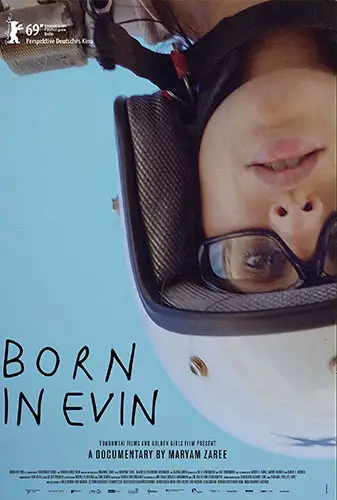
"…no shortage of raw and real emotion felt throughout."
